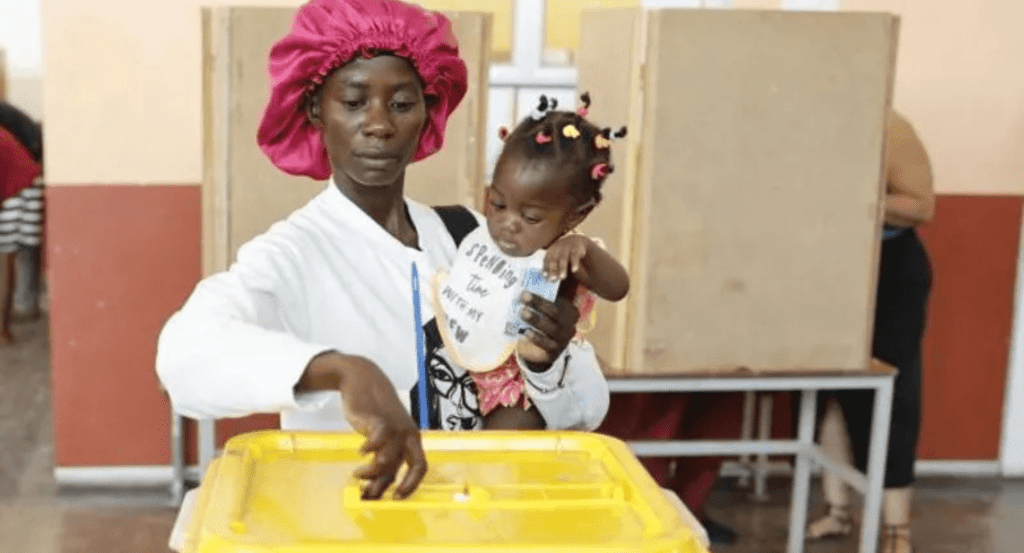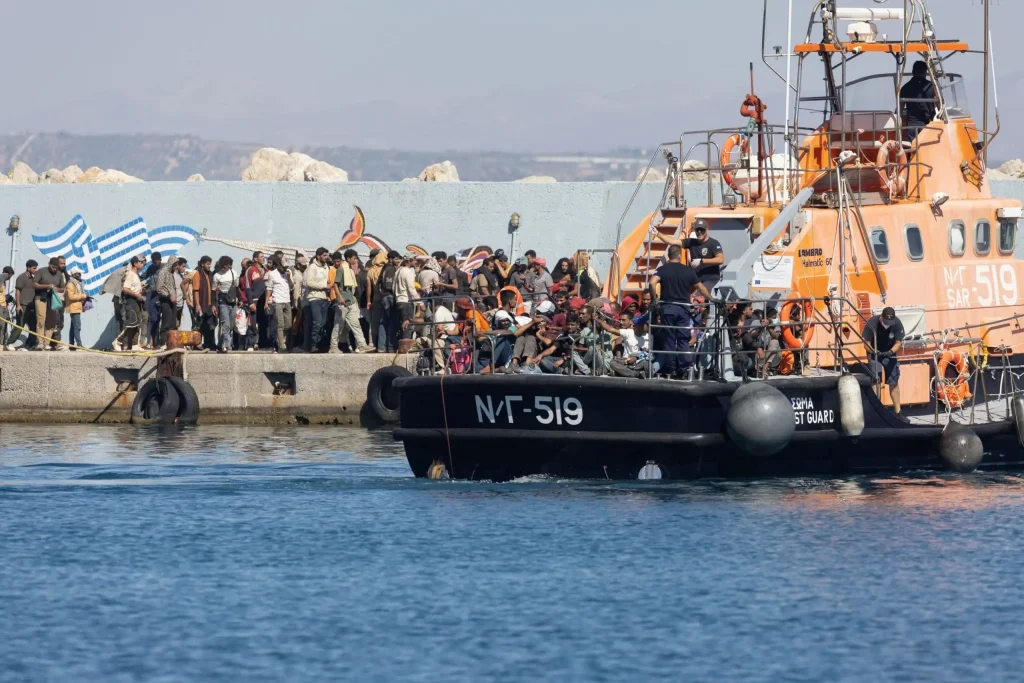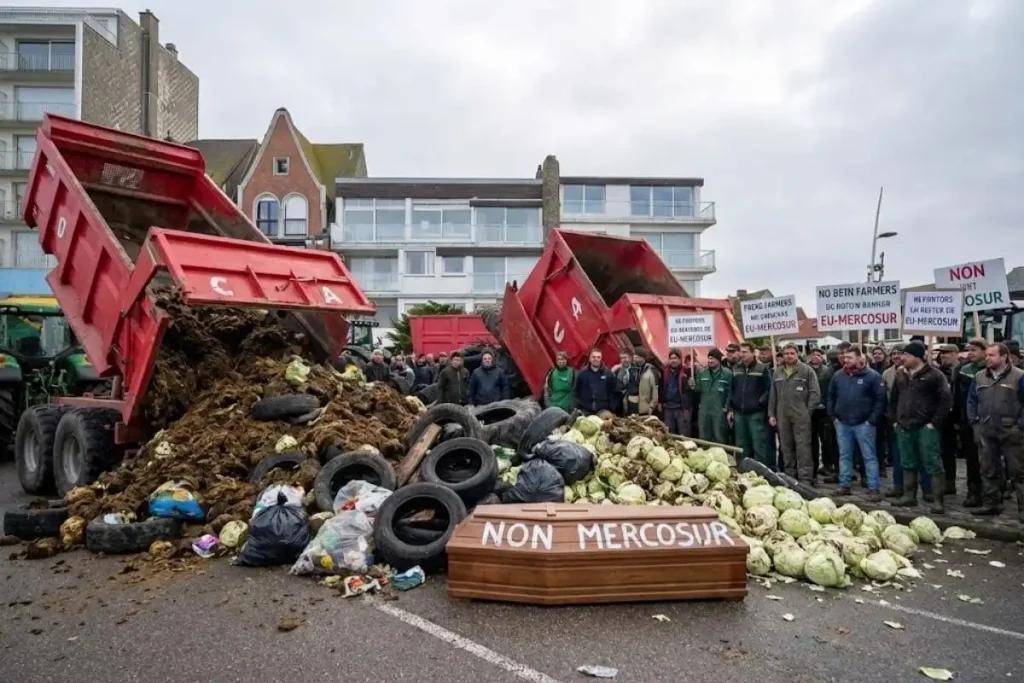The 2024 Namibian presidential election has stirred national and international attention due to prolonged vote counting, triggering criticism and heated debates among political stakeholders. Voting, which began on November 29, was extended by several days due to logistical challenges and a high voter turnout, according to the Electoral Commission of Namibia (ECN).
Kavena Shipanga, the ruling SWAPO party’s candidate, appears poised for victory, based on early indications. However, opposition candidate Josias Kalondo of the Popular Democratic Movement (PDM) expressed frustration with the delays, accusing the ECN of inefficiency and questioning the transparency of the electoral process. Kalondo’s comments have further highlighted the deep divisions within Namibia’s political landscape.
The election is notable for its implications on Namibia’s democratic stability. Shipanga’s campaign emphasized continuity and economic stability, aligning with SWAPO’s long-standing dominance in Namibian politics since independence in 1990. Conversely, Kalondo’s platform focused on government accountability and systemic reforms, resonating with younger voters and urban populations.
Observers have noted that while SWAPO remains influential, Namibia’s opposition parties struggle with internal disunity. Kalondo’s frustration underscores the challenges faced by opposition groups in mounting a united front against the ruling party. Some analysts suggest that the election’s logistical issues may inadvertently bolster SWAPO’s position, as extended counting often breeds mistrust among opposition supporters.
International monitors deployed to oversee the election have acknowledged the ECN’s logistical hurdles but stressed the importance of adhering to constitutional processes. Preliminary reports indicate that despite the delays, the election has been largely peaceful, a testament to Namibia’s reputation for political stability in the region.
As Namibians await the final results, which are expected within days, the focus shifts to how the ECN addresses the criticisms and ensures the integrity of the outcome. The prolonged voting and counting process highlight the need for electoral reforms to bolster confidence in future elections.
The results will not only determine the next president but also shape Namibia’s approach to governance, economic challenges, and its role in regional politics.























